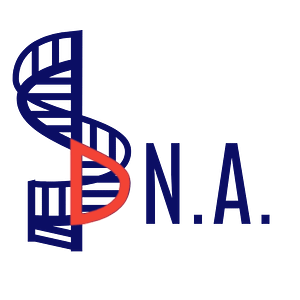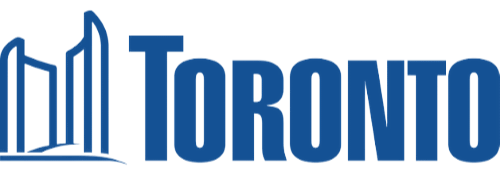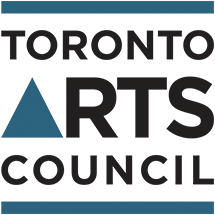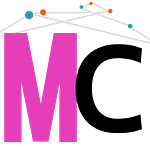
D.N.A
Data Narratives for the Arts
Introducing Data Narratives for the Arts (D.N.A) – an initiative to ignite data empowerment within the arts community! D.N.A is a program that includes the Arts Data Platform, an unparalleled national resource of financial and operational data from 4000+ charitable arts organizations and a Data-Utilization Learning Series that will enable arts professionals to utilize data in a practical way and enhance arts organizations’ ability to tell impactful stories through data.
DNA will empower the arts sector with a data-driven mindset, showcasing the genuine value and immense impact this sector brings to society!
The DNA project is made possible by working in partnership with Ontario Trillium Foundation, Calgary Arts Development, City of Toronto Arts & Cultural Services, the Toronto Arts Council, the Metcalf Foundation, the Azrieli Foundation, the Canada Council for the Arts, Canadian Government, and Canadian Heritage.
The Arts Data Platform
The Arts Data Platform is a comprehensive resource for the arts sector, offering an aggregated dataset of 4000+ charitable arts organizations. Its main purpose is to help the arts industry make informed decisions and work towards positive growth and change.
Key Features
- Comprehensive Financial and Operational Data: Users can access a wide range of financial and operational data from arts organizations, which can be useful for analysis and decision-making.
- In-depth Analysis and Benchmarking: The platform offers tools and features to perform detailed analysis and benchmarking, allowing users to compare the performance of different arts organizations or track trends over time.
- Research Opportunities for Academics and Students: Researchers in the arts field can leverage the platform's data for their academic studies and research projects.
- Advocacy Tools for Arts Workers: Arts workers, such as artists and arts administrators, can use the platform's resources and data to advocate for their industry's interests by accessing information that supports their arguments or proposals.
If you are interested in going on a virtual tour of the Arts Data Platform, email [email protected].
The Learning Series
Starting in September 2023, Mass Culture will implement a double-pronged data-to-practice learning series. This first will be composed of 3 complimentary workshops, which will be open to anyone with an interest in data, and the second, entitled Designing Your Data Narrative, is a learning intensive.
The D.N.A Resource Centre
Frequently Asked Questions
How do I access the Arts Data Platform?
If you are affiliated with an arts organization, the Arts Data Platform is free to access. Email [email protected] to receive a form that will provide you with a temporary password. If you are not affiliated with an arts organization, but would like to access the Arts Data Platform there is a fee. Please email [email protected] to receive a form to receive a temporary password.
What is the difference between the complimentary workshops and the learning intensive?
Both components are part of DNA’s Learning Series. The first three online workshops are free and open to anyone around the world. They are meant to bring a community of arts and data enthusiasts together in September and October.
The Designing Your Data Narrative learning intensive will provide arts organizations with a paid opportunity to dive deep into the design and piloting of a data-to-practice process. This component will include 7 online modules as well as one-on-one sessions with a Data Coach.
How will the arts organizations be selected to participate in the learning intensive?
A selection committee will review all of the applications that come in by October 27. We may reach out to applicants for more information. Invitations to take part in the cohort will go out early in November.
What is a data narrative?
A data narrative refers to the practice of using data to tell a compelling and coherent story or message. It involves the combination of quantitative data, such as statistics and measurements, with qualitative elements to convey information effectively and engage an audience.
What is a Data Coach?
Data Coaches provide guidance, advice, and practical insights based on their professional data-related experience. Mass Culture will compile a roster of Data Coaches who have filled out the sign up form.
How are Data Coaches selected?
Mass Culture will share all submissions with the cohort. Each cohort member will have the opportunity to review the submissions and identify a Data Coach that they feel would best support them on their journey to create a data narrative.
What is a Data Demo?
The final leg of the learning intensive will have each participating arts organization illustrate and share how data can be utilized to convey insights, trends, and meaningful information within the context of their own organization. It involves using data-driven visuals, analyses, and narratives to communicate the impact, effectiveness, and value of arts-related initiatives, projects, or organizations. These demonstrations (blogs, zines, art pieces, etc) aim to provide a tangible example of how data can be harnessed to tell compelling stories and support decision-making within the arts community.
This initiative is made possible through the support of the following









